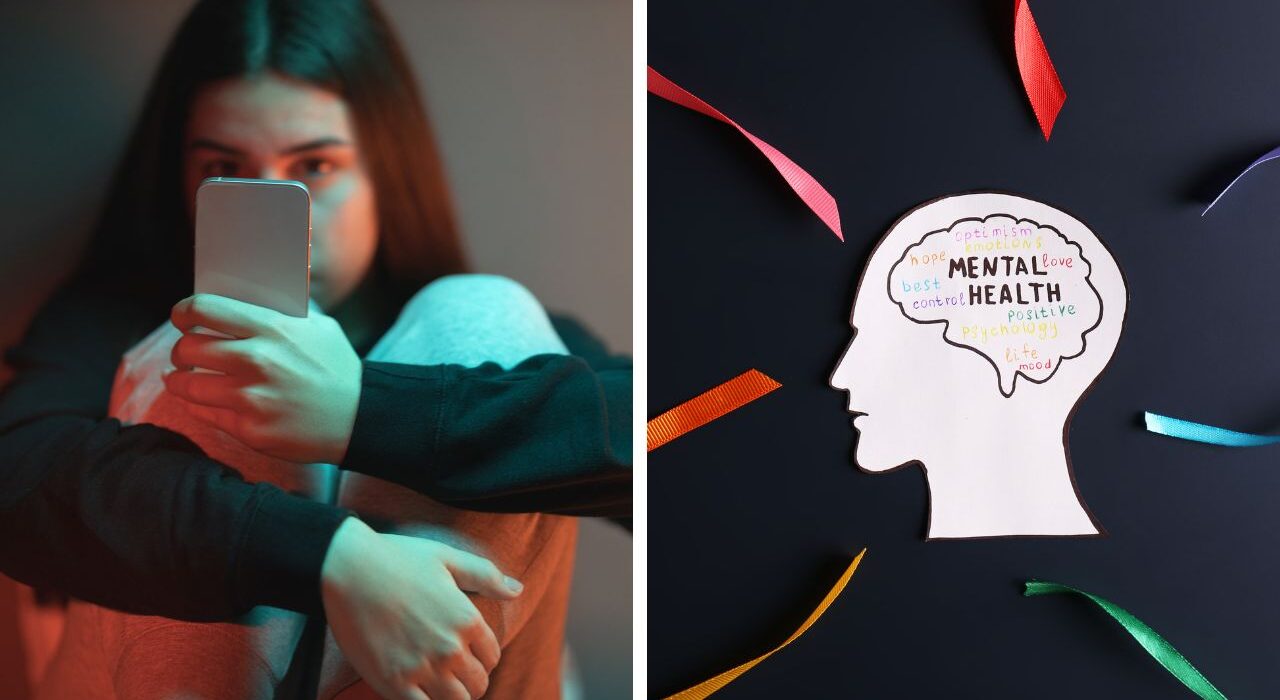The LG Electronics-sponsored report discusses Gen Z social media impacts on mental health. The topic is now debated at a high level. The study revealed an intricate balance between both the positive and negative effects of online engagement as surveyed by 2,000 Gen Z Americans. It offers insights into how young people perceive this impact.
The study reported that 75% of the respondents linked social media use with negative mental health effects. Most fears expressed included social comparison, exposure to idealized lives, and information overload. About 54% reported having little control over content in their feeds, which caused frustration and bad feelings.
On an interesting note, 49% of respondents claimed to have felt stressed or anxious after using social media. More importantly, 65% said that the sort of content they viewed on these sites influenced their mood and the quality of their day. Many said this change came about as a result of poor content or comparisons.
Despite these concerns, the report of Gen Z social media impacts on mental health also points to some large positive effects. For example, there is an 80% perception that social media have positively influenced moods, creating some sense of connectivity, community building, and developing new interests.
Gen Z social media impacts on mental health: Using Instagram and other social media releases dopamine
In fact, 38% believed that when used mindfully, social media could even lift spirits. The data highlights the division between short-term elation gained from social media and its possible long-term consequences. For the likes of Instagram, TikTok, and others, such media can provide boosts of dopamine regarding likes and interaction.
However, on the flipside, erosions of self-esteem, along with the nervous activity. This is because users sometimes feel that they have no control over whatever content they are being presented with. In response, 62% of Gen Z users said they want to restart their feeds, hoping to take back control over their online experience.
There needs to be a better education process for how to manage the settings of social media to create healthier and more positive environments. The resultant complex mix of emotions and effects has made it very difficult for regulators to keep definite rules on social media usage. Because no particular response is succinct enough to portray an obvious answer to whether the good outweighs the bad, the concern regarding the social media impacts on Gen Z continues to stay nuanced.
At least until now, the best way forward for consumers is to find a balance and use tools that will filter their content. And, using heads to think through what they read as understanding that even as it can certainly bring people together or inspire them. Social media also has a potentially harmful impact on mental well-being in the long term.
Also, see: Cristiano Ronaldo becomes first celebrity to cross 1 billion social media followers
